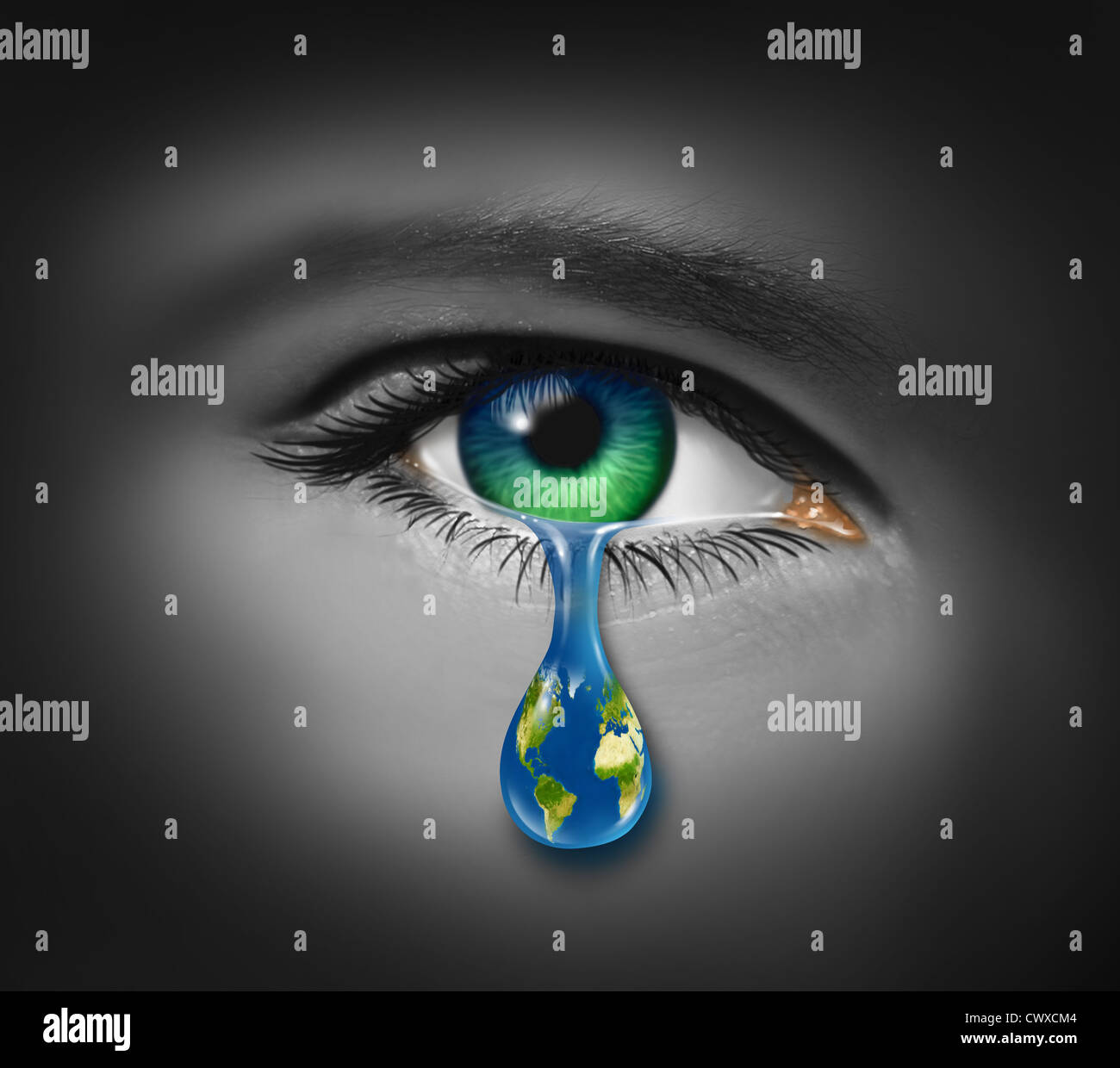

But in decolonization, Africans are liberated to think of themselves as having control over the conditions of their life. Under colonialism, Africans have no nation, because they are controlled by European authority. Most important, for Fanon, is a national consciousness, or an awareness of oneself as belonging to a free and sovereign nation. A persistent theme throughout The Wretched of the Earth is the different forms of consciousness, or self-awareness, that liberation and independence can bring. Related to the connection between politics and psychology, Fanon argues that decolonization will not only liberate the colonized from exploitation, but will also free his mind. Colonialism creates the very identities of colonized and colonist, which makes it not only a political regime, but also a psychological one. When the colonized experience neuroses, depression, and other disorders, the cure is as much political as it is personal. As a result, political problems and psychological health are deeply connected. The colonized also experience psychological problems due to the trauma of violence at the hands of the colonist. In his understanding, the colonist subjugates the colonized not only economically and politically, but also psychologically, by imposing an inferiority complex on those they subjugate. Though it has flaws, The Wretched of the Earth is above all a testament to the power of passionately sustained and closely reasoned argument: Fanon’s presentation of his evidence combines with his passion to produce an argument that it is almost impossible not to be swayed by.Fanon, a psychiatrist, was especially interested in how colonialism affects the psychological makeup of the colonized. Viewed as a profoundly dangerous work by the colonial powers of the world, Fanon’s book helped to inspire liberation struggles across the globe. Incendiary even today, it was more so in its time the book first being published during the brutal conflict caused by the Algerian Revolution. Fanon’s account of the physical and psychological violence of colonialism forms the basis of a passionate, closely reasoned call to arms – a call for violent revolution. His experiences power the searing indictment of colonialism that is his final book, 1961’s The Wretched of the Earth.

Frantz Fanon is one of the most important figures in the history of what is now known as postcolonial studies – the field that examines the meaning and impacts of European colonialism across the world.īorn in the French colony of Martinique, Fanon worked as a psychiatrist in Algeria, another French colony that saw brutal violence during its revolution against French rule.


 0 kommentar(er)
0 kommentar(er)
